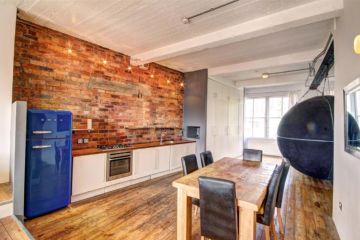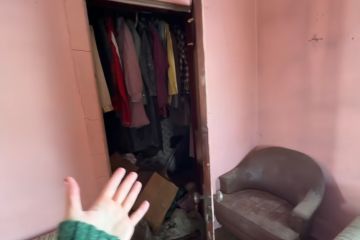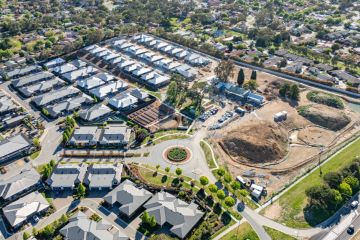Home deposit gap too wide for many young Canberrans
The rising cost of home deposits has left many young Canberrans feeling trapped in the rental market.
While the recent cuts to interest rates were welcomed by homeowners, Domain chief economist Andrew Wilson said they did little to help young Australians onto the first rung of the property ladder.
“The main challenge is saving for the deposit, rather than paying off the mortgage,” Dr Wilson said.
“Incomes aren’t growing at all. Even though the ACT has among the highest income of any of the capitals, the trend is towards declining affordability.
“I think it’s the same problems we have Australia-wide and that’s low incomes growth, the low incomes growth just doesn’t give the capacity to save faster or to catch up with that deposit gap.”
The survey of 1000 18 to 34-year-olds found more than half of the age group believed the increased cost of living priced them out of buying a home.
Despite the national capital’s above-average income levels, housing affordability is a real problem for many young Canberrans.
Taylor Kenny, a 22-year-old student who moved to Canberra from Young in rural NSW, said he felt trapped by the rental market and knew no alternative.
“Honestly, I don’t think I will ever be able to afford my own home,” he said. “I am working two jobs and studying and it’s difficult just to get by.
“Even if I was able to afford a home it would not be one I could ever live in. I’d have to buy in a rural area just to scrape into the market, which is far from ideal for me.”
ACT Shelter executive officer Travis Gilbert said home ownership is the last thing on the minds of a number of Canberra millennials.
“We’re seeing young people paying well in excess of 50 per cent of their pre-tax income on rent,” Mr Gilbert said.
“It’s the more drastic end of the scale, but some are going without meals to pay rent.”
For those with long-term plans for home ownership, the solution for many is to move back home, but for many young people it’s not an option.
“I think one of the huge issues is the deposit gap,” Mr Gilbert said.
“It’s no longer viable to rent privately while you save for a house deposit, particularly for those combining part-time work and study.”
Mr Gilbert said the 10 per cent, $42,000 deposit required for a standard $420,000 two-bedroom apartment can quickly jump to $64,000 once stamp duty and mortgage insurance are factored in.
“The paradox is if once you have the deposit, it’s often cheaper to buy than rent in Canberra,” Mr Gilbert said.
“It isn’t necessarily the case for the three or four-bedroom family home, but apartments can be cheaper to buy if they can raise the deposit. It’s not like it was a generation ago.”
Mr Gilbert said university fee deregulation would make saving up for a deposit even harder as FEE-HELP balances are a factor for lenders.
We recommend
We thought you might like
States
Capital Cities
Capital Cities - Rentals
Popular Areas
Allhomes
More
- © 2025, CoStar Group Inc.







